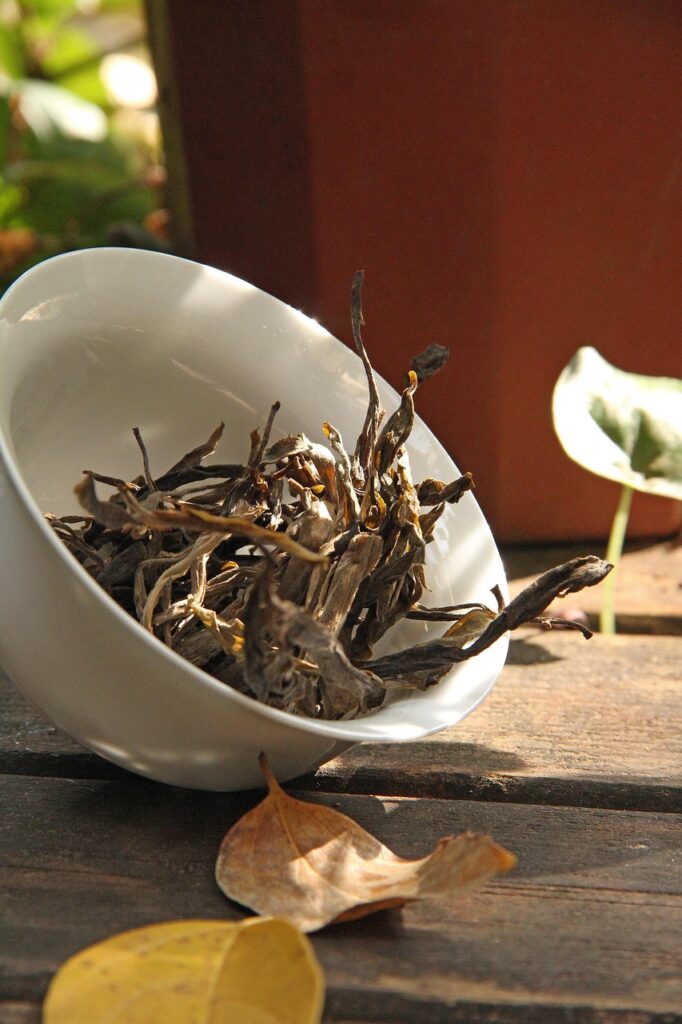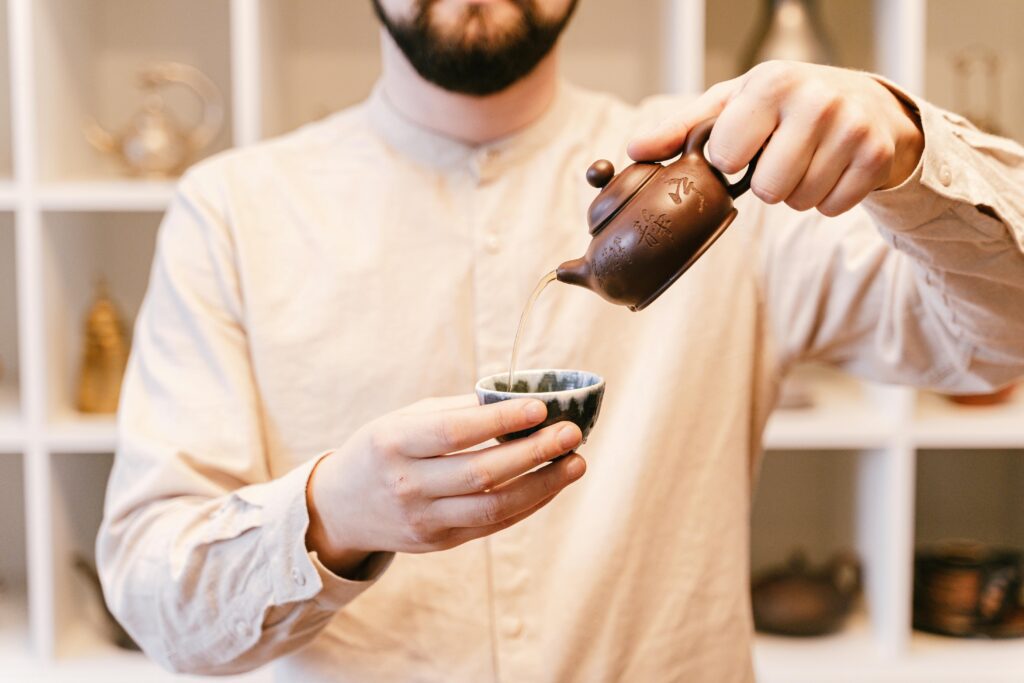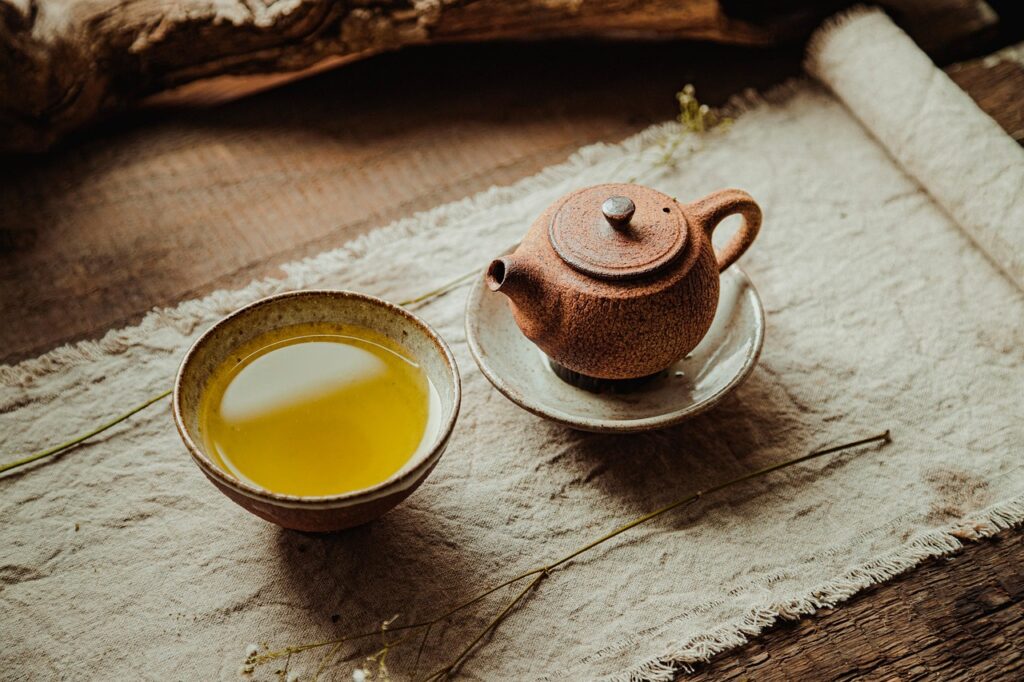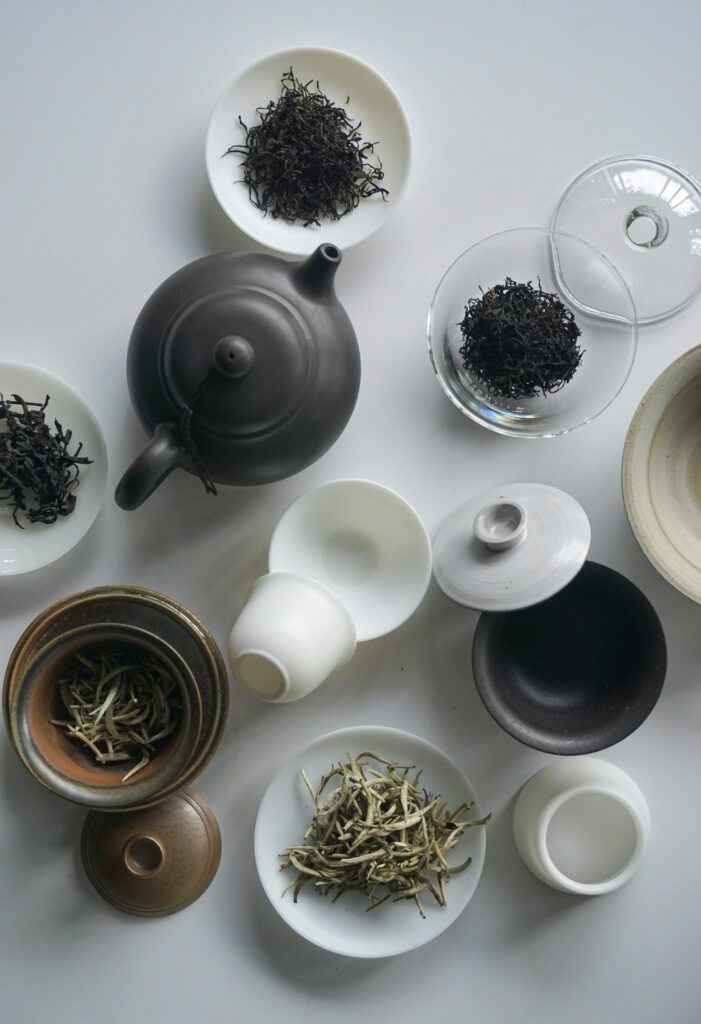When it comes to teas, most people immediately think of green or black tea. But there’s another variety that deserves equal attention: white tea. Known as the most delicate of all true teas, white tea is harvested from the young buds and leaves of the Camellia sinensis plant before they fully open. Its subtle flavor, minimal processing, and exceptional concentration of antioxidants make it one of the healthiest teas you can enjoy.
In this article, we’ll explore the unique benefits of white tea, how it compares to other teas, and why it may be the perfect addition to your daily routine.

What Is White Tea?
White tea is considered the least processed form of tea. Unlike green or black tea, which undergo steaming, rolling, and oxidation, white tea is simply harvested and dried. This minimal handling helps preserve its delicate flavor and powerful bioactive compounds.
Originating in China’s Fujian province, white tea was once reserved for royalty. Today, it is globally recognized for its smooth, slightly sweet taste and its incredible health potential.
Popular varieties include:
- Silver Needle (Bai Hao Yinzhen) – made from young buds, considered the highest grade.
- White Peony (Bai Mudan) – a blend of buds and young leaves, with a stronger flavor.
- Shou Mei and Gong Mei – later harvests, more robust and affordable options.
White Tea Benefits for Health
Unlike its mild flavor, the health effects of white tea are far from subtle. Studies suggest it may play a role in protecting against chronic diseases, supporting skin health, and promoting longevity. Let’s look at the key benefits.
1. A Rich Source of Antioxidants
White tea is loaded with polyphenols such as catechins, which fight oxidative stress in the body. These compounds neutralize free radicals, helping to protect cells from damage that can lead to aging and disease.
Compared to green and black teas, white tea often has higher antioxidant levels, since it undergoes minimal processing. Regular consumption may therefore offer strong protective effects against inflammation and cellular damage.

2. Supports Healthy Skin and Anti-Aging
One of the most praised benefits of white tea is its ability to protect skin health. The antioxidants in white tea help prevent collagen breakdown and reduce the effects of sun damage.
Some research even suggests that white tea extracts may slow the enzymes that degrade elastin and collagen — two proteins essential for firm, youthful skin. This makes white tea an excellent natural ally against premature aging.
3. May Support Heart Health
Drinking white tea may improve cardiovascular health by lowering risk factors such as high blood pressure and cholesterol. Its polyphenols help relax blood vessels, improve circulation, and reduce LDL cholesterol oxidation.
In fact, studies on tea drinkers suggest that consistent tea consumption is linked to a lower risk of heart disease and stroke — and white tea may be one of the best options due to its purity.
4. Promotes Oral Health
White tea naturally contains fluoride, catechins, and tannins, all of which can contribute to better dental health. These compounds help fight bacteria in the mouth, reduce plaque formation, and prevent tooth decay.
If you’re looking for a tea that’s gentle on the teeth while also protecting them, white tea is a great choice.
5. May Help with Weight Management
While not as famous as green tea for fat burning, white tea still shows promise in supporting metabolism and fat breakdown. Some laboratory studies suggest white tea extracts may help prevent the formation of new fat cells while stimulating the breakdown of existing ones.
Combined with a healthy lifestyle, drinking white tea regularly may contribute to weight management.

6. May Protect Against Certain Chronic Diseases
White tea’s antioxidants and catechins may provide protection against certain types of cancer and type 2 diabetes, though research is still ongoing. Its ability to reduce inflammation, regulate blood sugar, and support cellular health makes it a valuable addition to preventive nutrition.
White Tea vs. Green and Black Tea
While all true teas come from the Camellia sinensis plant, the main difference lies in processing.
- White tea: least processed, highest in antioxidants, very delicate flavor.
- Green tea: lightly processed, grassy taste, well-known for weight loss benefits.
- Black tea: fully oxidized, bold flavor, higher caffeine, supports energy and heart health.
In short, white tea is the gentlest option, perfect for those who want the benefits of tea without strong bitterness or high caffeine levels.
How to Brew White Tea
Because white tea is delicate, it requires careful brewing:
- Heat water to around 75–80°C (170–180°F). Avoid boiling water, which can damage its subtle flavors.
- Use 2 teaspoons of loose white tea per cup.
- Steep for 3–5 minutes. Longer steeping brings out more flavor but may increase bitterness.
- Enjoy it plain — no sugar or milk needed.
Possible Side Effects
White tea is generally safe, but here are a few things to consider:
- Caffeine: Though lower than green or black tea, it still contains some caffeine. Sensitive individuals may need to limit intake.
- Overconsumption: Drinking very large amounts can increase caffeine-related side effects like insomnia or jitters.
- Pregnancy: Pregnant or breastfeeding individuals should consult a doctor before consuming large amounts.
Helpful Links for Further Reading
- Are There Health Benefits to Drinking White Tea?
- 10 Impressive Benefits of White Tea
- White Tea Reduces Dyslipidemia, Inflammation, and Oxidative Stress in the Aortic Arch in a Model of Atherosclerosis Induced by Atherogenic Diet in ApoE Knockout Mice
Disclaimer
This content is for informational purposes only and should not replace professional medical advice. Always consult with your doctor before making significant changes to your diet, especially if you have existing health conditions or are taking medication.

